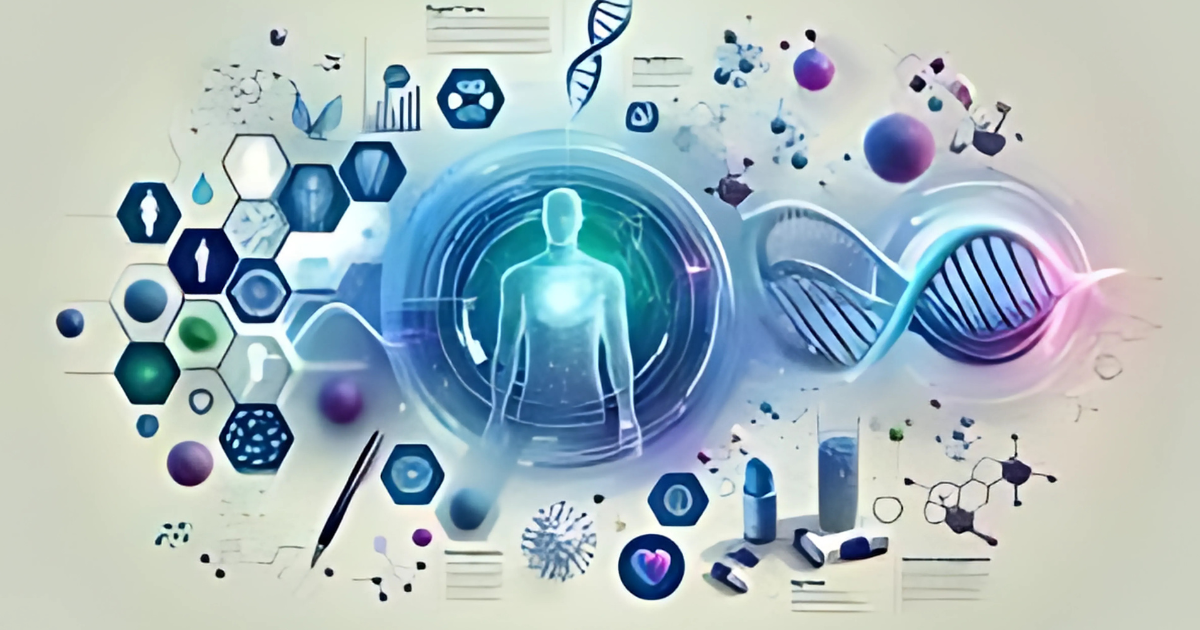AI is revolutionizing medical research through digital twins—computer-generated models of organs like hearts. Adsilico, a UK-based company, uses AI to create diverse virtual hearts that reflect biological factors like age, health conditions, and ethnic backgrounds. These models help test cardiovascular devices such as stents and prosthetic valves more inclusively and thoroughly than traditional human or animal trials, which are often limited in diversity and scope. Digital twins allow simulations under various conditions like high blood pressure or disease progression, offering deeper insights into device performance. Adsilico’s CEO, Sheena Macpherson, emphasizes that AI-powered testing can reduce risks, costs, and biases present in clinical trials, which typically overrepresent white male participants. Drug companies like Sanofi are also adopting this technology. They use AI to create simulated patients and predict drug interactions, aiming to shorten clinical trial timelines by 20% and improve success rates. With a 90% failure rate for new drugs, this approach could save significant costs. However, experts like Charlie Paterson of PA Consulting caution that digital twins are only as good as the data they are trained on, noting that outdated or biased data could perpetuate inequities. Despite these challenges, Macpherson is optimistic that AI-driven digital twin technology could eventually eliminate animal testing, as virtual models provide a closer representation of human anatomy than animal studies. This innovation is set to transform medical testing, making it safer and more efficient.
Reactions
Reactions
1







